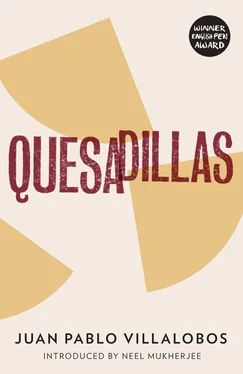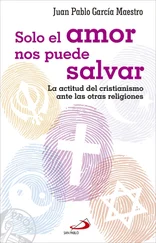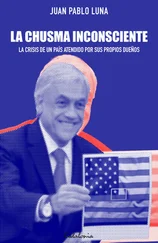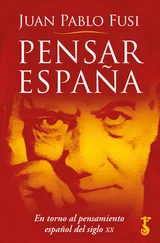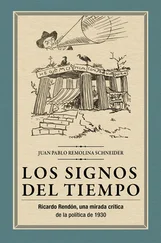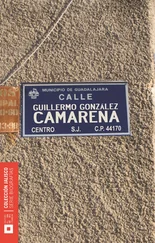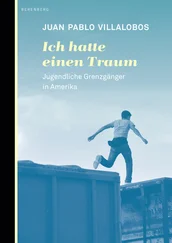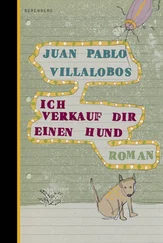The huge number of eggs we’d bought, however, turned out to be unnecessary. At midnight the roar of the bulldozers woke us from tossing and turning in nervous sleep. It was Sunday already.
We left the house without putting up any resistance, escorted by the police. My mother handed out the few bits of luggage she’d been packing in her feverish obstinacy. We knew none of the policemen; the plan for our destruction was so rigorous they’d even thought of the possibility that if they used policemen who were repeat offenders, who could have been involved in our prior disgraces, they might end up taking pity on us. Not a trace, not one hair, of Officer Mophead.
My father didn’t kick, didn’t struggle to get away; he couldn’t, because he was walking all on his own without anyone needing to help him. He went back into the house a few times to bring out the few remaining piles of belongings, which we slowly arranged in the back of the truck. He asked for five minutes to make sure we hadn’t forgotten anything. Inside was our furniture, the windows and walls, my mother’s plants.
The TV was still in there!
How would we know we were miserable now?
It seemed as if this was exactly what my father had been trying to do: to construct a defence destined to fail and to fail just as he had planned, to the letter, conceding defeat with the certainty intact of having been ridden roughshod over.
It took the bulldozer two attempts to tear our shoebox apart. The first one knocked the asbestos lid down the slope, making a racket that grew fainter as the lid slid on down towards the foot of the hill. The second destroyed the façade and wall on the left, the one furthest away from the Poles’ house. They left the bulldozer with its blade halfway through the house and parked the other one — which had stayed on the sidelines — out front. The clean-up could wait until tomorrow.
Before they cleared off, one of the policemen asked who Aristotle was: Jaroslaw didn’t give a monkey’s about Greek gods. They explained the charges to my father while putting Aristotle in the patrol car, and my mother stopped crying because she needed to use her eyes to verify that so much lousy bad luck really was happening at once. When they were sure that the fallout from our humiliation was harmless, they all left: police, bulldozer drivers, inspectors of public works, everyone.
There were lights on in the Poles’ house, not because they had woken up to come and watch the demolition — they weren’t at home; they had been tactful enough to go and sleep somewhere else — but because they had left a few bulbs on to make it look like there was someone at home.
It was my mother who threw the first stone, which was actually a little piece of brick from our house. Everyone began to imitate her. The glass in the windows shattered, while the bricks smashed to smithereens against the outside walls, covering them in orange marks. Electra was throwing tiny stones laden with immense symbolic value.
No one noticed I was doing the same, throwing stones and more stones without stopping. But I was aiming somewhere else.
I was aiming at the ruins of our house.
They cleared the hill in a few weeks, painstakingly eradicating each and every one of the acacia trees. To complete the process of divestment, a letter authorising everything was signed and the municipal government officially announced the creation of a new neighbourhood: Olympus Heights.
We didn’t know it, but we’d been living in another town our whole lives.
The neighbourhood of Olympus Heights was made up of just the twenty hectares on the hill’s western side, so that its constituents would be exclusively inhabitants of the new housing development — when they had moved in — thus thwarting the risk that a change in the governing party might compromise the happiness they deserved, especially considering how much the people of the now neighbouring area enjoyed opposing the PRI.
The news descended the hill, crossed the town and reached us, all twisted, at Grandfather’s smallholding, where we had found a place to camp out in the night watchman’s ‘house’, which luckily was vacant in those days. As it travelled, the news lost its negative aspect and became magnificent news, optimistic news, slick with the sheen of the novel. If it wasn’t for the fact that a short time ago we had been protagonists in that story, we would have thought — like most people — that high up there, on the hill, urgent restructuring work that had needed doing for decades was being carried out.
Grandfather’s land was bordered to the west by the railway line, to the north by the Nestlé factory, to the east by the river and to the south by a pig farm. A perimeter of misfortunes. In addition to the discomfort of our all living crammed together in one room, there were also the mosquitoes, the stench of the pigs, the 3.30 a.m. train and the whistle from the Nestlé factory that signalled the shift changeovers every eight hours.
The ‘house’ didn’t have a kitchen, a deficiency my father made up for with a portable coal-fired stove for my mother to make the quesadillas on. This new methodology meant an initial training period, in which the tortillas were burned and the cheese remained unmelted — or uninfused, if you like. My mother channelled her anger towards the stove and her failed meals, but after a few days her technique became more refined, and in the end it turned out that, cooked over mesquite wood, the quesadillas were much tastier than before. And what was my mother to do with her emotions now? It wouldn’t do anyone any good if she were to focus on the misery of having lost two children, the frustration of having her house pulled down and the distress of her eldest son’s being incarcerated. There were too many Greek precedents in this story to underestimate what would happen if she were given one of those time-honoured leading maternal roles.
The shack — let’s drop the euphemisms and call things by their proper names — didn’t have a toilet either, which was less serious than it might have seemed as we found a simple stand-in, using our commodious imaginations to pretend that all the land beyond the river was a commode, and reviving the validity of medieval European ideas according to which it was sufficient to wash oneself two or three times a year.
Every night we did jigsaw puzzles with our mattresses to try and get comfortable under the roof. In the morning we freed up the space so the building could provide us with shade, now that there were no trees on the land — my grandfather had ordered not only that all the vegetables be dug up but also all the fruit trees — and the plot had become two exotic hectares of creeping vines. In terms of how we occupied ourselves there, suffice it to say that we saved up all our free time to scratch our mosquito bites.
Despite the unrivalled disadvantages to the terrain, my father had tried to get Grandfather to give him his share of the inheritance early.
‘Fifty square metres,’ he had begged, still covered in brick dust from the demolition of our house, ‘all I’m asking for is fifty metres.’
But Grandfather really did have a screw loose.
‘Are you crazy? In fifty metres you can grow 180 watermelon plants, 180! And what do I gain with you lot? Just mouths to feed — and you’ll eat my watermelons. And anyway, I’ve already given you a table! A mesquite wood table! Those things last for ever.’
This was true, although the table had been left behind to keep the ruins of our ex-house company. My father had at least managed to use our state of helplessness to force him to accept the fact that meanwhile we would be living on his land.
While what, was the question — while more bad luck happened to us? No one knew.
Читать дальше
